A Carnarvon senior police officer at the centre of a risky rescue of a fisher washed off the rocks on our Mid-West coastline said the man would not be alive had he not been kept afloat by an angel ring – installed as part of Recfishwest’s Statewide safe fishing program.
Senior Sergeant Paul Tolan said the emergency call was raised to Carnarvon Police earlier this month after two brothers fishing north of Carnarvon at Quobba had been washed off the rocks during precarious 3-4m swells.
One of the fishers somehow managed to clamber back up the jagged rocks before hurling the angel ring installed at Camp Rock towards his 23-year-old brother, who was struggling to keep his head above water having not worn a lifejacket.
The angel ring helped keep him afloat until a Rio Tinto vessel in the area could be scrambled to pull him from the water 300 metres from shore after he was swept out to sea.
“If it wasn’t for that angel ring being positioned nearby and thrown out to this man’s aid, he would certainly have drowned in those conditions,” said Senior Sgt Tolan.
“Safety precautions need to come first when fishing and we would like to see more of these angel rings deployed along the coast. Carnarvon police are frequently called out to rescue situations like this in rough conditions where no one should be fishing in the first place.”

Rock fishing comes with many risks
Recfishwest has installed 80 angel rings and deployed 174 loan lifejackets across WA to keep rock fishers safe as part of our WA safe fishing program and partners with the Bureau of Meteorology to share dangerous rock fishing alerts during the spring, summer and autumn months.
Recfishwest’s Senior Operations and Safety Officer Sam Russell said fishing from rocks comes with many risks, particularly in poor weather conditions and high swell.
“Even seasoned rock fishers can get caught out by so-called ‘rogue’ waves if not fully aware and prepared,” said Sam. “No fish is worth risking your life for – so unless you have plenty of experience, we recommend you keep the sand between your toes and fish off the beach.
“However, if you choose to fish from the rocks, we advise you follow our rock fishing safety tips closely – check the weather and swell before you even consider going out, wear the right gear including a lifejacket and never go fishing alone.”
READ ALL OF RECFISHWEST’S ROCK FISHING SAFETY TIPS HERE
Tim Meachan, owner of the popular land-based fishing spot of Quobba Station said there are loan lifejackets available to all fishers who wish to wet a line off the elevated cliff platforms.
“All it takes is one rogue wave to come along and you’re in the water,” said Tim. “Given both of these men were wearing trackpants, heavy work boots and had no lifejackets on, if they both had remained in the water during those treacherous conditions this would have been a recovery mission of two bodies.
“We are always happy to give out loan lifejackets to fishers at Quobba and you should always be wearing one when fishing off the rocks regardless of the conditions, but when the swell is this dangerous it’s not worth fishing off the rocks at all.”
CLICK HERE TO SEE ALL OF THE FREE LOAN LIFEJACKET LOCATIONS ACROSS WA
CLICK HERE TO READ POPULAR SOUTH COAST YOUTUBER CHRIS DIXON’S ARTICLE ON ROCK FISHING SAFETY

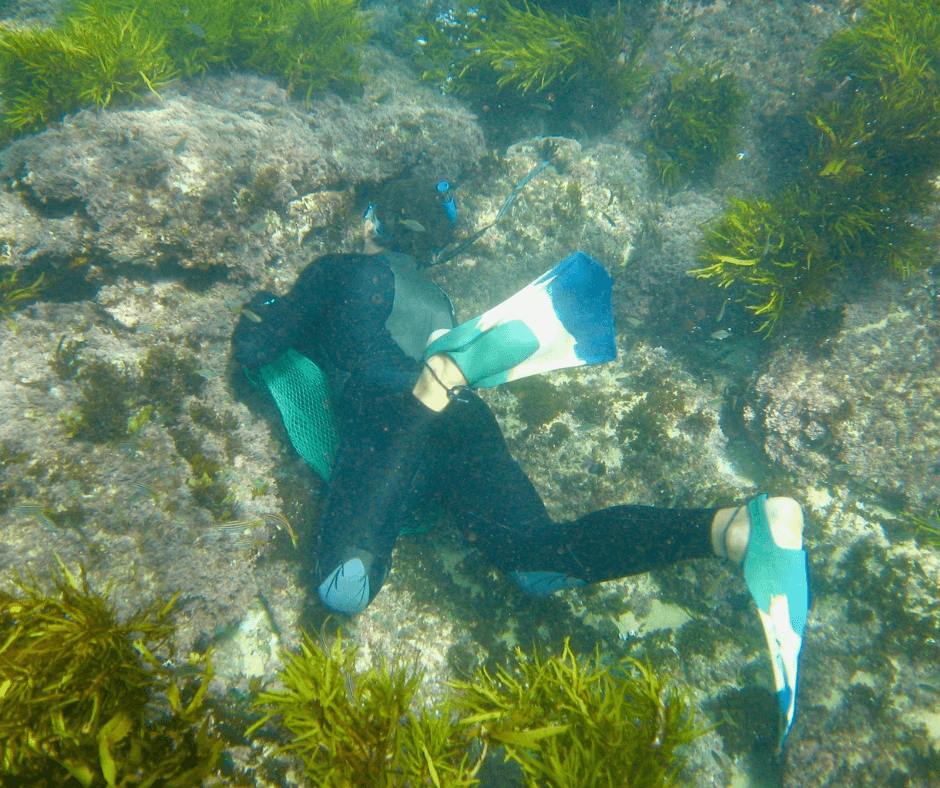
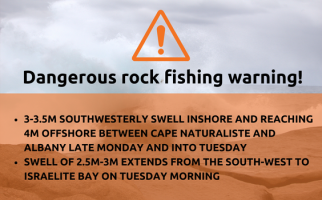
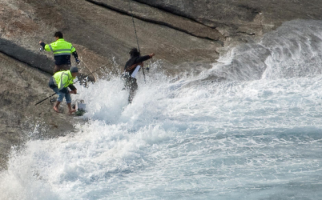
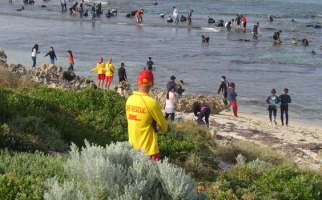
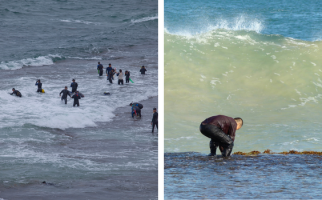
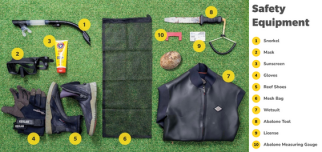
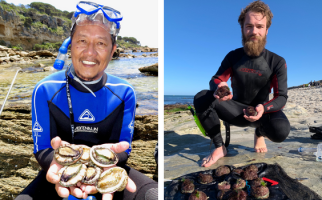
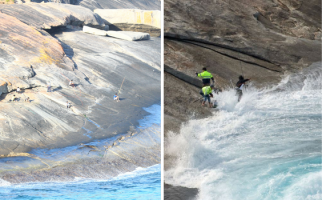
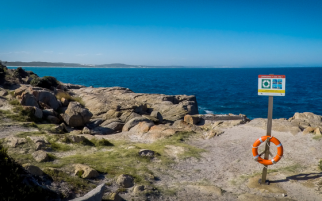
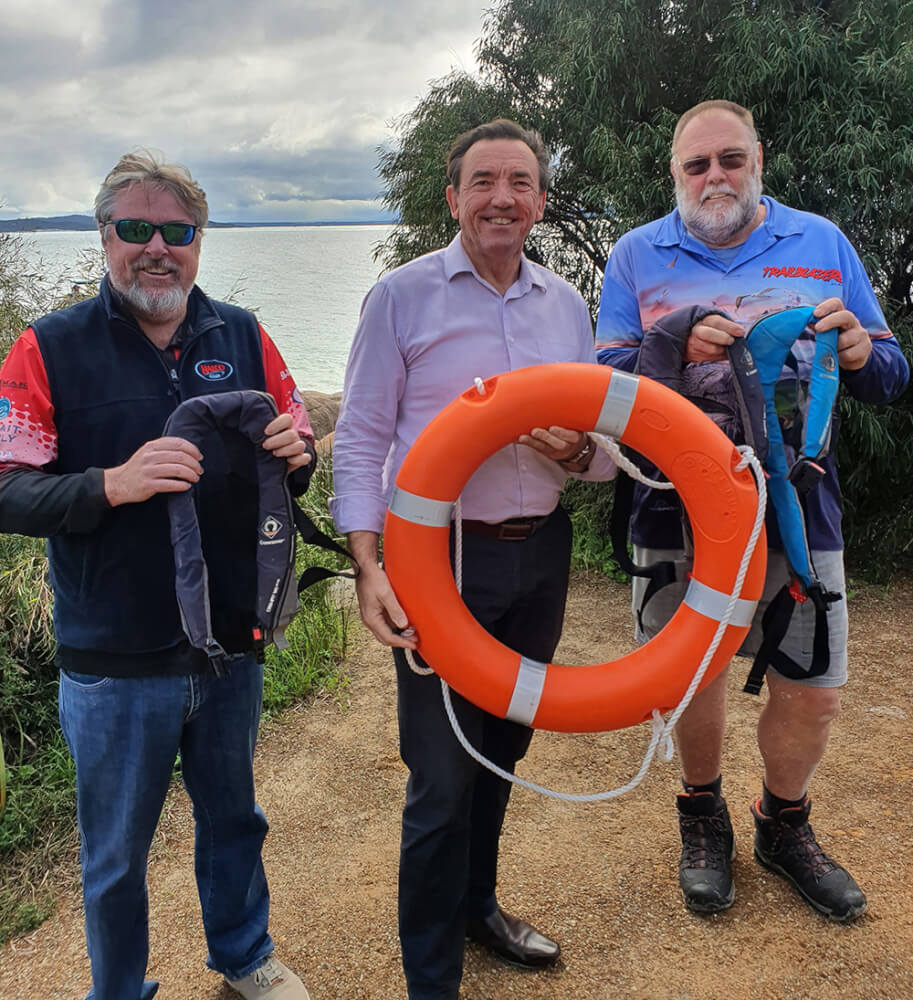
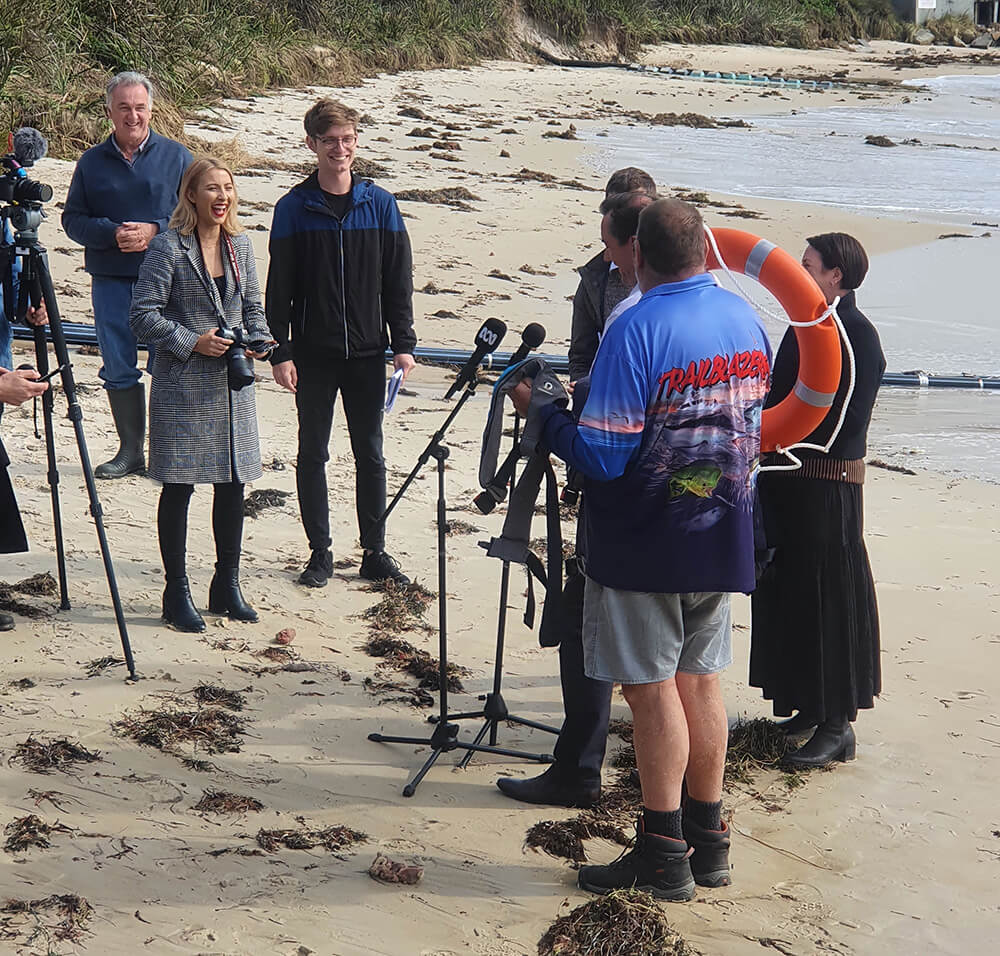
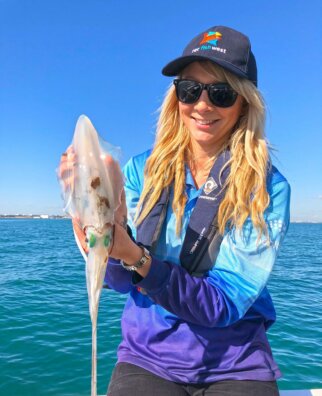
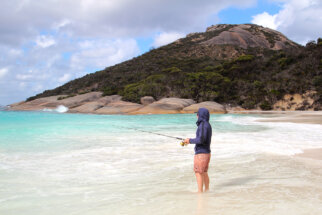
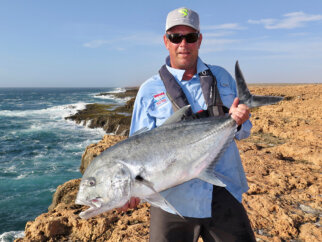
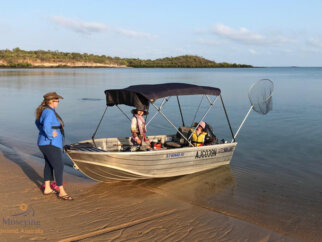
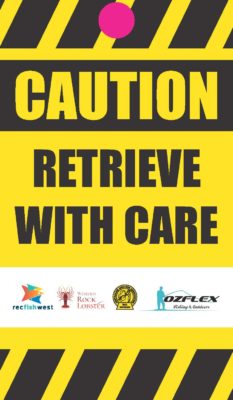 A new safety initiative to keep thousands of Western Australian lobster fishers safe will be rolled out along the West Coast in the coming weeks.
A new safety initiative to keep thousands of Western Australian lobster fishers safe will be rolled out along the West Coast in the coming weeks.